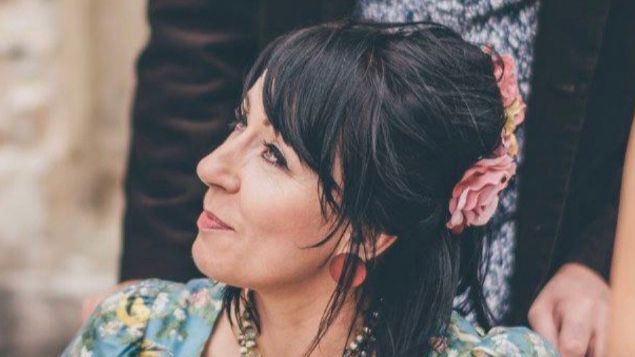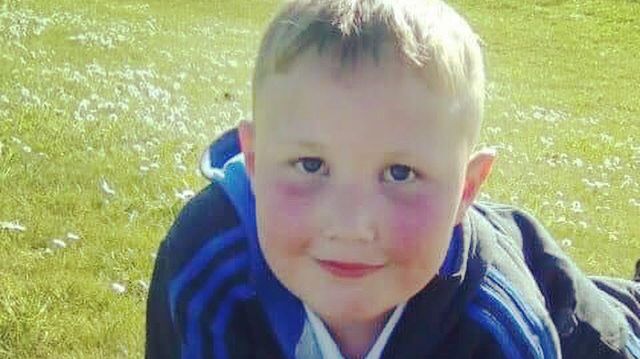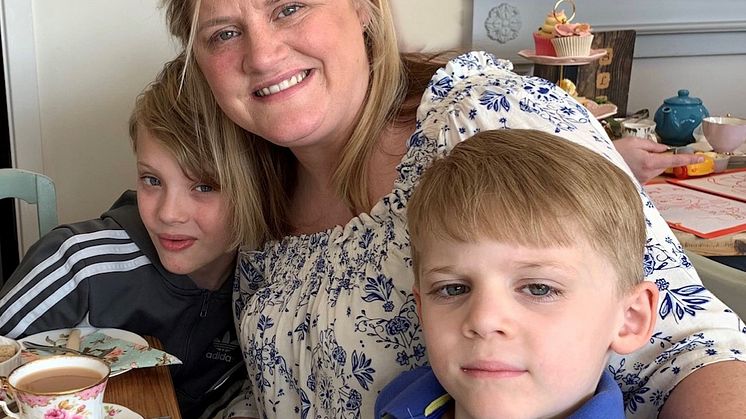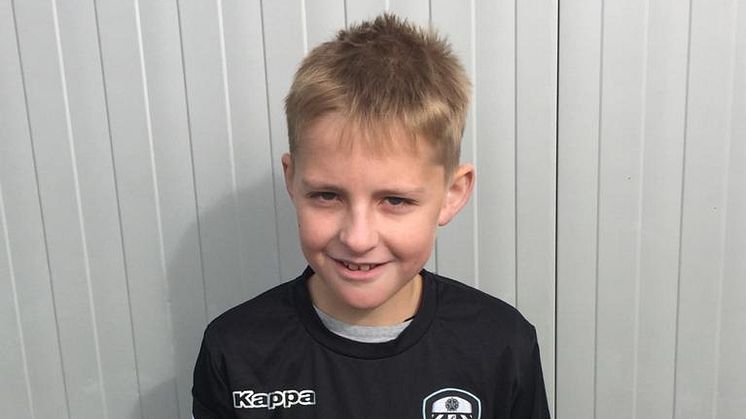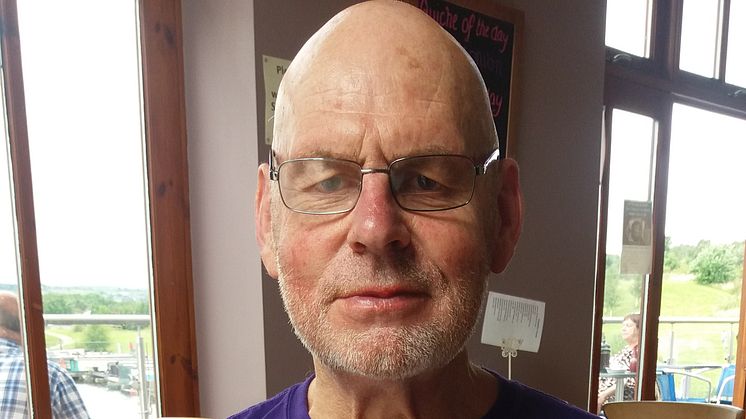
Press release -
Over 14 million UK adults don’t know where a stroke occurs
Over a quarter (27%)of the population don’t know that a stroke occurs in the brain – highlighting a lack of knowledge around the UK’s leading cause of disability.
Nearly half of UK adults know someone who has had a stroke (20 million people), but most admit to a lack of awareness and understanding needed to support stroke survivors in their recovery.
In a separate survey of stroke survivors, more than four out of five (85%) people said the people they had daily contact with did not understand the impact of the stroke.
Startling research unveiled today shows nearly half (45%) of people(i) who know a survivor of stroke personally admitting that they are struggling to support them to make their best possible recovery, according to new findings(ii) published today by the Stroke Association.
The research reveals that one important reason for the lack of stroke support for survivors stems from a lack of awareness of what stroke is and how it affects people. Shockingly, more than a quarter (27%) of the public(ii) don’t know where in the body a stroke occurs: the brain. For those that know a stroke survivor, a huge 82%(i) feel that a greater understanding of stroke would help them support the survivor better.All this, despite stroke being the country’s leading cause of disability.
The research(i) also found that of those who know someone personally who has had a stroke:
Nine in 10 (95%) agreed that family and friends play an essential role in the recovery process.
Nearly half (46%) admitted wanting to do more to help the stroke survivor that they knew but lacked the knowledge to do so.
Nearly a fifth (18%) say they do not properly understand the overall impact of the condition.
In a separate survey(iii) of stroke survivors, more than four out of five (85%) of stroke survivors said the people they had daily contact with did not understand the impact of the stroke. This ‘knowledge gap’ is preventing survivors getting the support they need from those closest to them, and stopping survivors from making the best possible recovery to rebuild their lives after stroke.
Former paramedic, Bill Swift, 71, from Burnley, had always been a keep fit fanatic, running competitively in half marathons and local runs. A grandfather to six, Bill had taken part in the London Marathon and was running or cycling most days, when he had a mini-stroke (TIA) in February 2015. The TIA was initially diagnosed as a seizure.
He then continued to run and cycle over the following weeks, however had a full stroke two months later. He spent eight days in hospital and two weeks in rehab. Bill still has weakness in his left side but is determined to continue keeping fit and enjoying his hobby, just in different ways.
He said: “I find it very difficult to run now and struggle to coordinate, but I have Nordic walking poles and row instead of running. My stroke has affected me in a big way and there are days when I feel awful, but I’m determined not to let it stop me. I want people to know that a stroke can happen to anybody, regardless of age or fitness levels.
“It’s very important to have people around you who understand and are willing to support. When I came out of hospital, my running buddy came out with me and it took us half an hour to walk half a km. His support and the fact he was understanding was invaluable.
“When I went back to church, even people who didn’t know me before the stroke understood and it helped me so much. A stroke affects your emotions, and that emotional support from people who understand makes such a difference. If I ever go into a situation where people don’t know I’ve had a stroke, I tell them tactfully in conversation.
“It’s up to survivors to let people know, don’t be ashamed. Tell people you might just need a little extra help. It’s just a matter of not being afraid to tactfully let them know.”
The charity published its findings to mark the launch of its newest campaign, Rebuilding Lives, which aims to showcase the challenges faced by stroke survivors and those who support them with their recoveries. Other findings reveal the damaging effects that stroke can have on social networks and relationships:
More than one in 10 respondents admitted to seeing the survivor less after the latter had a stroke.
More than one in six of those who know a stroke survivor, admitted spending less time with them because the latter was perceived as not being the same person following the stroke.
A quarter (25%) said there had been a drop in social activity on the part of the stroke survivor.
Chris Larkin, Director at the Stroke Association, comments: “A stroke happens in the brain, the control centre for who we are and what we can do. The impact varies depending on which part of the brain is affected. It could be anything from wiping out your speech and physical abilities, to affecting your emotions and personality. So, it’s a real challenge for everyone as they come to grips with this sudden and life changing event. These findings highlight the complexity of stroke and raises the desperate need amongst people to understand the impact of stroke in order to better support their loved ones.
“There are over 1.2 million stroke survivors living in the UK – many of whom are reliant on their friends and family, from help with daily living to understanding their emotional and mental health needs.
“It doesn’t have to be this way. We’re urging those people who know someone who has had a stroke to help turn this around and fill this knowledge gap. Reach out to the Stroke Association for help, so that together we can support stroke survivors to rebuild their lives.”
For more information about Rebuilding Lives or about stroke, visit www.stroke.org.uk/rebuildinglives.
For more information about what you can expect after a stroke, the Stroke Association has partnered with the Royal College of Physicians to produce a booklet accessible here: https://tinyurl.com/yyqj638z
Topics


